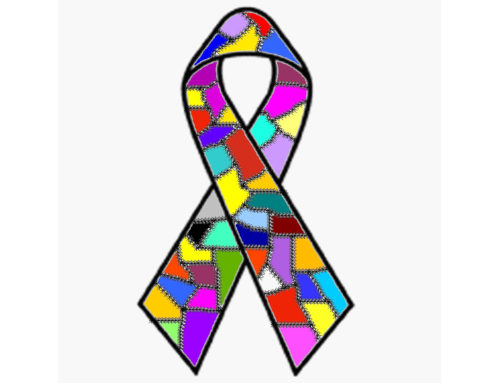Today we will be exploring Dissociative Disorders, a group of mental illnesses characterized by periods of detachment or disconnectedness from reality. In this post, we will be identifying what comprises a dissociative disorder, learning who can be affected by a dissociative disorder, and discussing how a dissociative disorders develops.
While the symptoms can differ for each illness, individuals diagnosed with any dissociative disorder generally undergo uncontrollable disruptions of memory, identity, and sensory perception. These periods, occasionally referred to as breakdowns of reality, typically constitute a dissociative episode. Similar to a panic attack, these episodes can begin suddenly and last for varying amounts of time. Individuals diagnosed with a dissociative disorder most often experience dissociative episodes in order to cope with the lasting effects of a traumatic event. Many individuals diagnosed with a dissociative disorder have developed the illness after experiencing significant childhood trauma, such as physical, sexual, or emotional abuse. When someone’s brain struggles to confront or cope with the negative impact of trauma, they use a defense mechanism called dissociation to forget, block, or distance themselves from the reality of their trauma. If an individual is regularly experiencing dissociative episodes, in combination with the individual symptoms of each disorder, they may be diagnosed with a chronic dissociative disorder.
During a dissociative episode, individuals diagnosed with a dissociative disorder may experience:
- Out-of-body experiences
- Memory loss
- Depression
- General anxiety
- Thoughts of self-harm
- Emotional detachment
- Identity Loss
Dissociative episodes are actually common and can happen to almost anyone, though women are more susceptible than men. While only 2% of the adults in the United States are diagnosed with a chronic dissociative disorder, approximately 50% of adults in the United States have experienced an acute dissociative episode at some point during their lives. Like many other mental illnesses, it is important to remember that a single episode does not equate to a chronic disorder; however, if you have experienced a dissociate episode, you should take steps to prevent the mental illness from becoming more severe.
While a majority of individuals diagnosed with a dissociative disorder have faced significant physical or psychological trauma, certain dissociative disorders can develop from stress or the use of a psychoactive substance, such as cocaine, ephedrine, or LSD. People have also developed these disorders without any recognizable trigger; therefore, if you are experiencing regular symptoms yet have not undergone significant trauma or stress, you may still develop a dissociative disorder.
If you or a loved one in area has experienced a dissociative episode or any of the symptoms listed above, please seek help from a local Spokane mental health care professional. Reach out to Damaris through her contact page or calling 509-342-6592.



